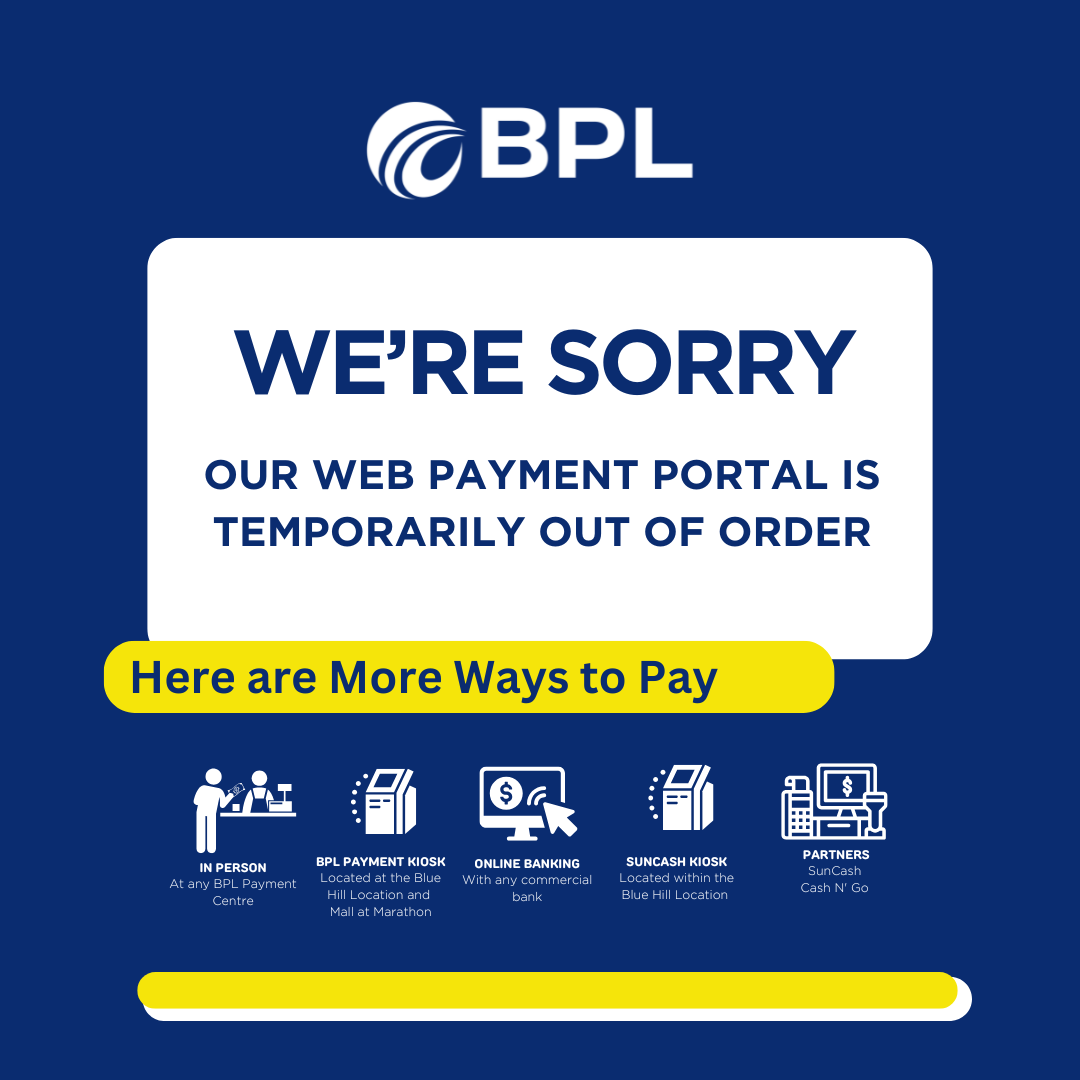Our Commitment to Sustainable Energy
At Bahamas Power and Light Company Ltd., we’re committed to powering the future sustainably. Embrace renewable resources with us for a cleaner, greener Bahamas.
Small-Scale Renewable Generation (SSRG)
Discover how our SSRG program can benefit you:
- Sustainable and clean energy generation
- Ensure compliance and safety standards
- Avoid potential fines or disconnections
Residential Program Application Steps
- Complete SSRG Application Form
- Ensure BPL account in good standing
- Provide electrical schematic & inverter manual
- Submit signed Interconnection Agreement
- Pay application fee
- Receive SSRG approval certificate
Frequently Asked Questions (FAQs) | SSRG Program
What is SSRG?
It’s a renewable energy system approval program for grid-tied & off-grid installations.
Will BPL pay me for energy sent to grid?
BPL credits energy at the prevailing fuel charge rate monthly.
Can I install my own system?
Yes, with permits signed by licensed electricians & inspections completed.
Can systems be on rental properties?
Yes, with permission from property owner & BPL account holder.
Backup power during outages?
Standard grid-tied systems don’t offer backup; discuss battery storage options with your installer.
Why apply for off-grid?
To ensure compliance, safety standards & accurate information gathering by URCA.
Recent Renewable Energy Initiatives (PPAs)
| Island | Project Details | Impact |
|---|---|---|
| Abaco | 30MW LNG, 13.3MW Solar, 15MWh Battery | Resilient, clean energy |
| Eleuthera | 14.7MW LNG, 10MW Solar, 5MWh Battery | Sustainable, reliable power |
| Exuma | 8.5MW LNG, 3MW Solar, 6MWh Battery | Stable energy infrastructure |
| New Providence | 20MW Solar at Blue Hills | Largest solar project in history |
Featured Project: Ragged Island Microgrid
Discover how our first solar microgrid is shaping renewable solutions across the Bahamas.

